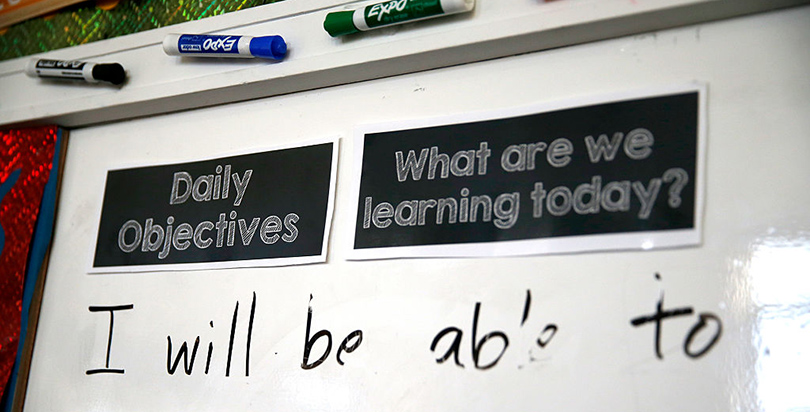Irvin & Gray — Reforming the Way We Govern Schools: Stronger Charter Boards Are Essential to Education Reform

Governance is often overlooked when policymakers and advocates design and assess reform efforts. But a new report by Education Cities examines how new models of public school governance, centered on autonomy and accountability, can improve educational outcomes.
The report, “Beyond District/Charter: How City Leaders Catalyze and Support Systems of Great Schools,” highlights the actions of “quarterback” organizations — local nonprofits that have taken leading roles in many cities in building ecosystems to support and accelerate the growth of high-quality public schools.
In the spirit of autonomy and accountability, we believe it’s worth taking governance reform a step further by strengthening charter school and other education reform nonprofit boards. This work has the potential to become an essential component of city leaders’ comprehensive approach to improving educational systems and governance.
Specifically, city leaders should explore two things:
-
Make the recruitment of talented board members part of their talent work. The report rightly highlights the important roles quarterback organizations play in “growing and supporting talent pipelines,” which the report defines as teachers and school leaders. But board members should also be added to the mix. Effective board members bring experience and skills — finance, marketing, law, fundraising, human resources, or educational practice and policy — that are extremely helpful to running a strong school. They bring new networks and resources, as well as thought leadership and support. And most important, they have the gravitas to hold schools accountable.
-
Insist that charter school, CMO, and other nonprofit boards in their ecosystems invest in effective governance. We don’t expect teachers and school leaders to be excellent without training and support. Board members need training, too, and strategic organizations invest in strong governance.
Public charter schools, CMOs, and education nonprofits are an integral part of ecosystem-level efforts to improve equity and quality in public education. These organizations cannot reach their full potential or provide students the full measure of their value without boards that are strategically composed, diverse, and effective.
Yet charter school boards haven’t received much attention as the charter sector has grown up over the past two decades. Charter Board Partners is working to change that, working in partnership with quarterback organizations, funders, authorizers, state agencies, networks of schools, charter support organizations, and boards themselves. It’s paramount to ensure that boards have the training and tools they need, to think strategically about board composition, and to increase the diversity and preparedness of board members.
Charter school boards, with the ability to make autonomy real, are also where school-level accountability lives. They are responsible for ensuring that schools are well-run, financially sound, and academically successful.
Effective boards review data regularly and routinely, recognize problems before they threaten the viability or performance of the school, work collaboratively with the school’s leadership team, and ask the tough questions that drive results. Working collaboratively with the head of the school, good boards can see problems approaching and proactively take steps to pre-empt or rectify and take advantage of opportunities to push their schools to innovate.
Good charter school boards put in place the conditions that help schools attract and retain talented leaders and teachers, and remove barriers to improvement and performance. Additionally, they provide a buffer for school leaders to make tough decisions in the best interests of their students.
Finally, boards provide a fantastic opportunity for leaders to involve community members in education reform efforts in a genuine, meaningful way. The report describes the importance of ensuring that “key community members and ‘grasstops’ advocates are at the table.” Boards are a perfect opportunity for this kind of engagement, providing authentic leadership opportunities for community members and a chance for reformers from within and outside a particular community to work hand-in-hand on behalf of its students.
It’s time for the sector to fully embrace strong governance as an essential part of the infrastructure of education reform — in its budgeting, grantmaking, and policies. Its leaders, policymakers, and funders must invest in a talent strategy for board members and a professional development strategy to ensure that boards govern effectively and hold their organizations accountable for quality and results. Accountability in education reform depends on it.
Carrie Irvin is the CEO and co-founder of Charter Board Partners; Ethan Gray is the CEO and founder of Education Cities.
Help fund stories like this. Donate now!

;)